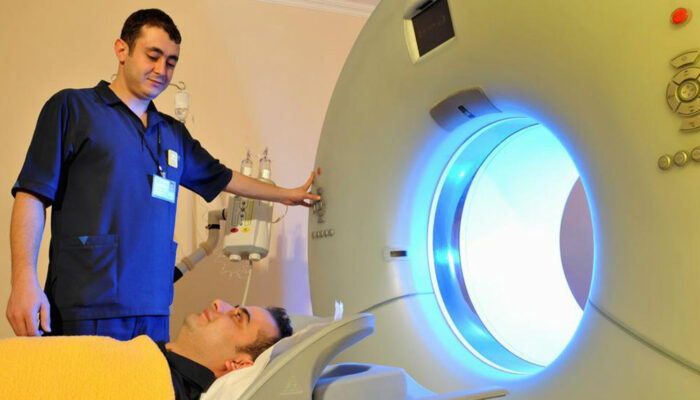
5 Factors That Increase the Risk of Prostate Cancer
Risk factors refer to aspects that influence one’s chances of developing a disease. Like most other diseases, prostate cancer also has certain risk factors that influence the chances of one developing it. Here’s a list of some of the top risk factors for prostate cancer:
Age
Age is one of the most prominent risk factors for prostate cancer. It is very rare for anyone under the age of 40 to develop prostate cancer, but the chances shoot up after 50 years of age. Almost 60% of the cases are among men over the age of 65 years.
Ethnicity
It has been seen that prostate cancer is more common among African-American men and Caribbean men who have African ancestry. It has also been noticed that these men develop prostate cancer at a younger age as compared to other races, and the condition is more severe among these men. The number of men with prostate cancer in Hispanic and Asian-American communities is lower, but the reason for these differences is not yet clear.
Geography
The area where one lives can be one of the top risk factors for prostate cancer as it can determine their chances of developing the condition. Men from North America, Australia, northwestern Europe, and Caribbean islands face higher risk, while Asian, Central American, African, and South American men are less likely to develop prostate cancer. It is not clear why the differences occur, but lifestyle can be one of the reasons. Additionally, a higher number of screenings performed in developed nations can be helpful in lowering the number of cases.
Heredity
Genetics can be one of the deciding factors of this disease. Most men who develop prostate cancer do not have any genetic history of the illness, but someone who has a brother or father with prostate cancer has a higher risk of developing it. Also, if one has multiple relatives affected by prostate cancer, their chances of developing the disease increase significantly.
Gene changes
Certain changes in inherited genes are also among the top risk factors for prostate cancer as these changes can lead to higher chances of one developing the disease. For example, people with hereditary non-polyposis colorectal cancer or Lynch syndrome have a higher risk of getting prostate cancer. Lynch syndrome is caused due to inherited gene changes. Inherited mutations in the BRCA1 and BRCA2 genes can lead to increased chances of prostate cancer as well, and several other inherited gene changes can also raise one’s risk.
Other than these top risk factors for prostate cancer, certain other factors like smoking and one’s dietary choices can affect one’s risk of developing the condition. Conditions like obesity, prostate inflammation, exposure to chemicals, and sexually transmitted infections also add to one’s risk of getting this disease.



